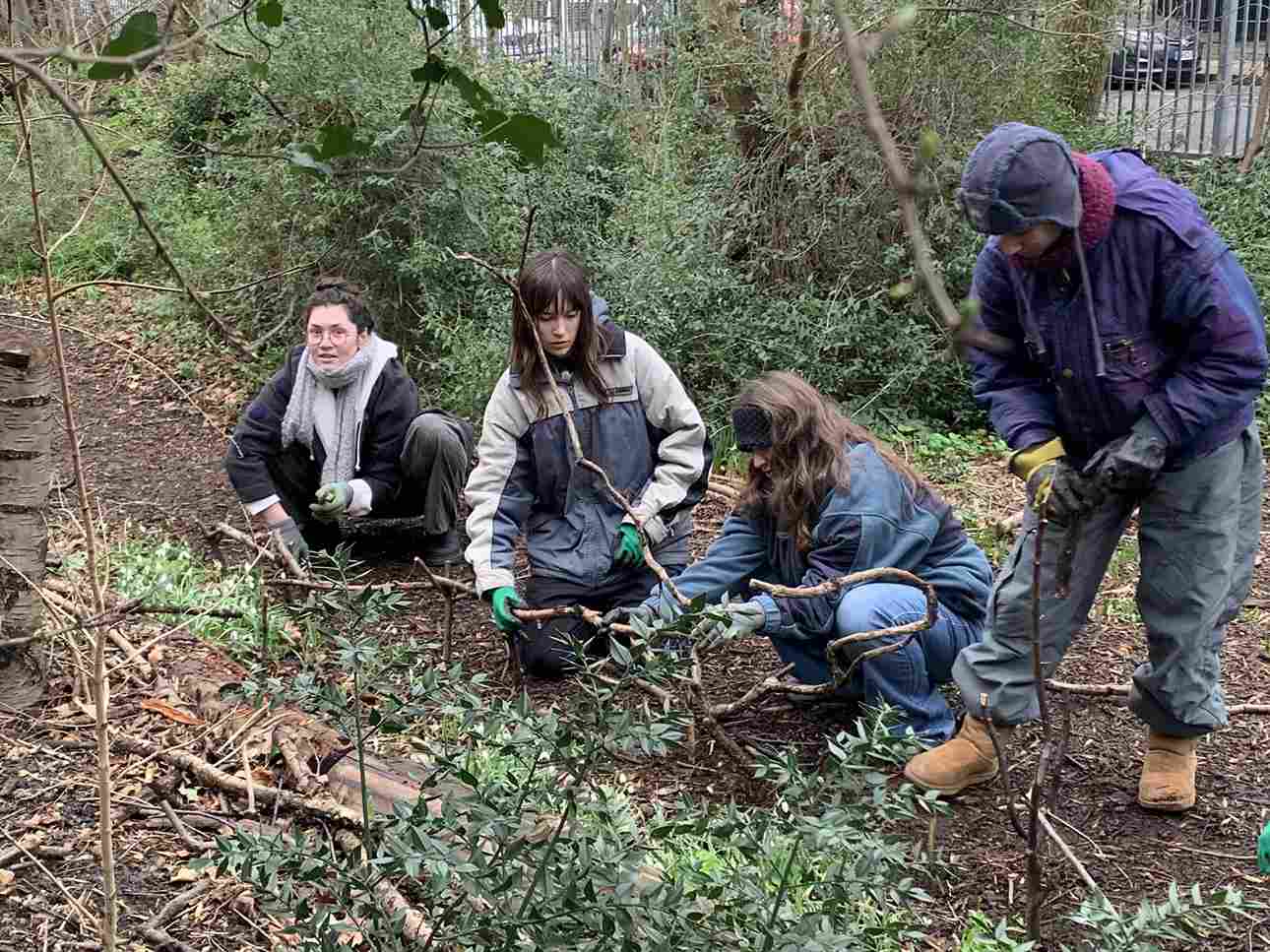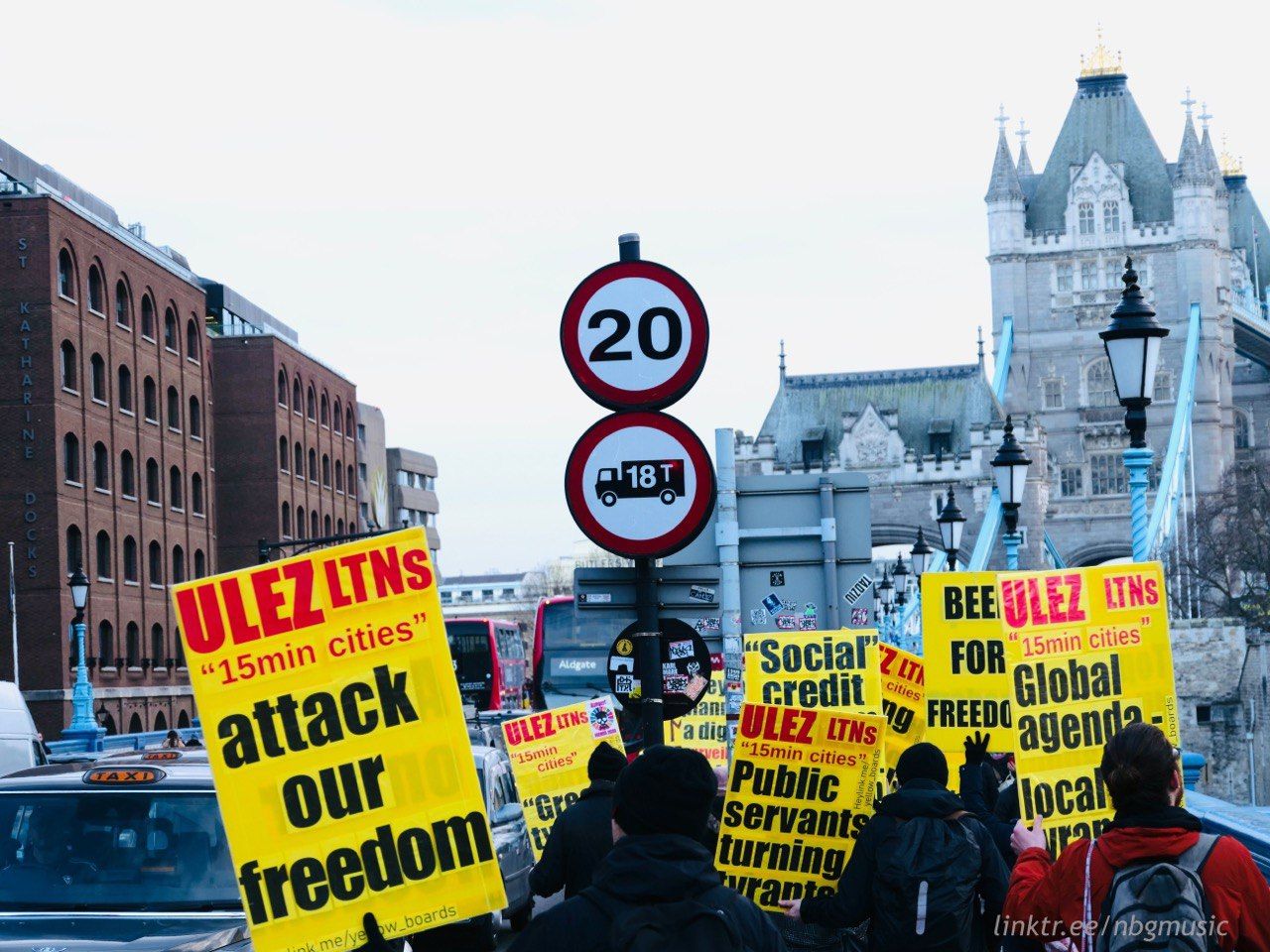
Translating Climate Policy

Summary
Building on existing research advocating for localisation in climate policy, this study focused on the role of ‘policy translation’ (processes to covert abstract national/international policy goals into locally contextualised policy objectives) in the development of local climate policy. First, it aimed to address important questions about translation in practice: what practices and skills form ‘translation’ in a climate policy context? What conditions enable or hinder its delivery? What role does context play in the choice of practices? Second, it drew on these insights to better define the role translation plays in localisation – as a transitional process, but what kind?
Approach and Methodology
This research began with a simple observation: in the global climate policy realm there is a need to localise our efforts but the infrastructure and understanding to do so is limited. One of the major challenges is tangibility. While the UN plays a fundamental role in fostering global consensus, initiatives such as Agenda 2030 exist at a high level of abstraction. The upshot is great energy is spent by national and local actors as they translate abstract ideas into locally tangible actions.
This energy spent on comprehension could be applied to action. To develop policy that requires less local translation, national and international policymakers need to have a stronger understanding of the processes local policymakers go through to translate policy ideas to local contexts.
To explore this process, I reached out to key players in the climate adaptation and mitigation community in London and conducted interviews with key policy officers to understand what conditions, skills, and practices are seen as fundamental in this process. Supplementing this insight, I used natural language processing methods to analyse climate adaptation and mitigation policies drawing from local plans around the U.K. to build an understanding of what factors may impact how localised a policy can become.
A fascinating insight that emerged from this process is the role that pivotal actors with integrative skills and knowledge play in the effective development of these policies. It suggests the need for broader adoption of interdisciplinary expertise and integration skills in policy teams to deliver ambitious, sustainable policies that reflect national goals and local priorities.
Proposal/Outcome
To communicate this work to the wider climate policy community I developed a report that synthesised the findings, both guiding choices in resource allocation and encouraging the hiring of professionals with integrative skillsets. While this speaks directly to local policymakers it also provides an evidence base to advocate for national government support in enabling these conditions. The provision of such evidence was identified as a significant priority by my interviewees.
Beyond Outcomes
Ultimately, this process has been both rewarding and challenging on several fronts. Rewarding in that it has demonstrated the pivotal role diverse skills and knowledge play in the development of sustainable and effective policy. Challenging in that it has revealed the significant cultural, structural, and resource gaps that prevent us from getting there. It is the hope that this research can contribute to a body of evidence to help turn the tide.
Want to learn more about this project?

.jpg)

Overall LIS Journey
Prior to LIS I studied filmmaking at NYU’s Tisch School of the Arts before taking a break from education to explore broader interests in the arts, advocacy, and sustainability realms. During my time at LIS I’ve developed interests in science communication and how access to a breadth of intellectual leadership can serve to foster more fruitful cultural debate around complex challenges.
About me
Other Related Projects
Back to the repository


- A Pilot Based on Heathrow's Sustainability Goals

.svg)






